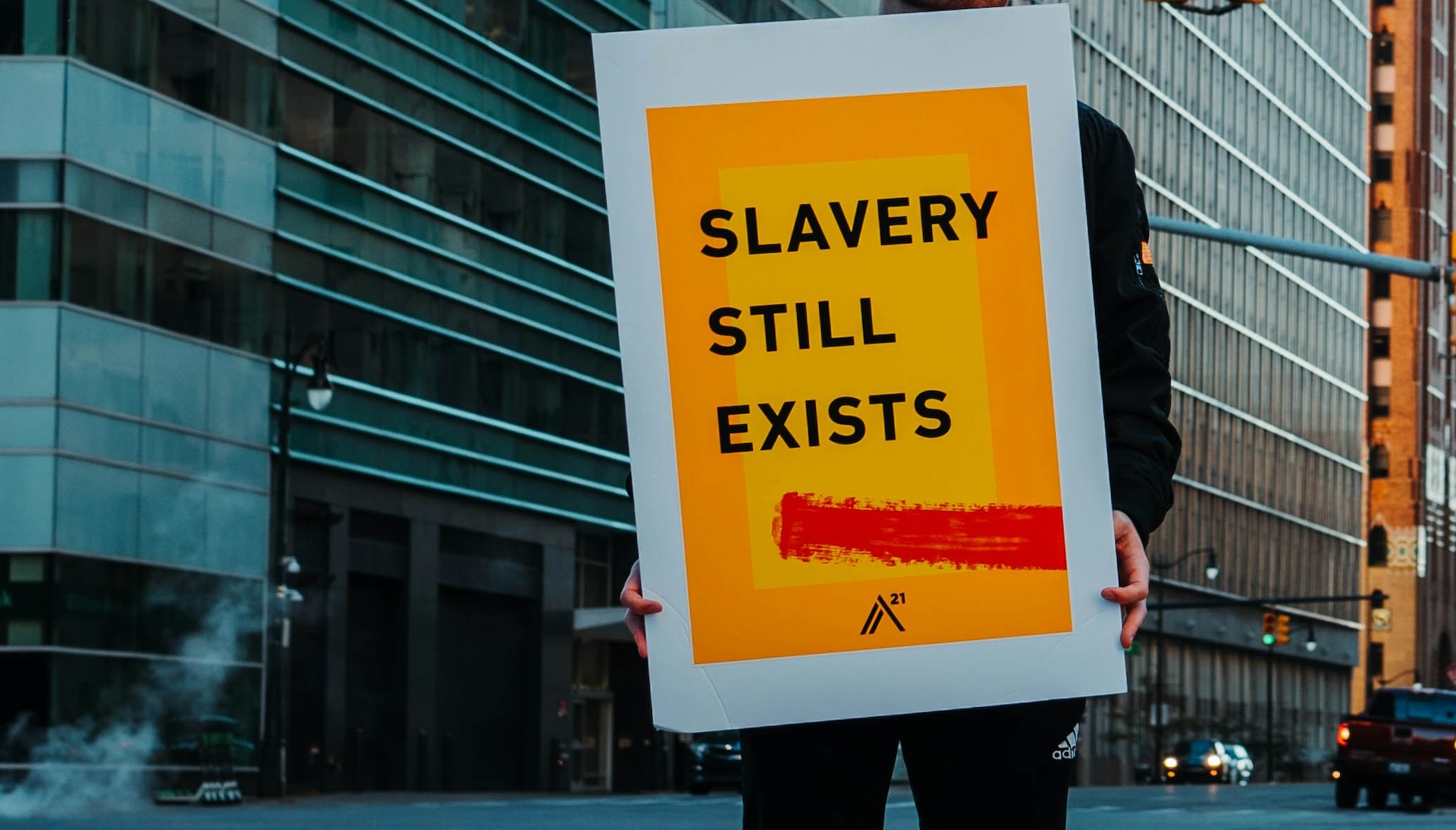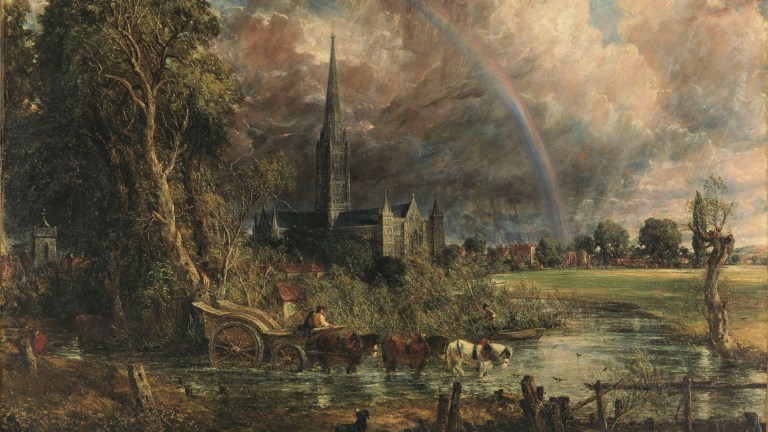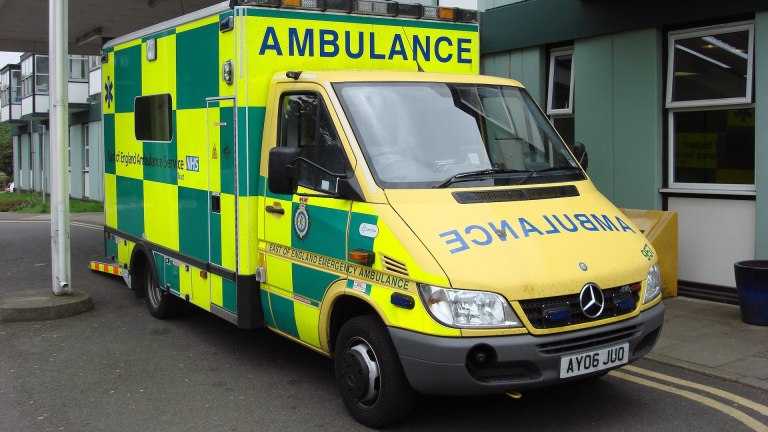Modern slavery is often described as a crime hidden in plain sight, because, whilst it’s true that some people will be physically held against their will or their every move monitored and watched, for many victims, it is psychological fear of their abuser keeping them in place.
Latest figures from 2023 reveal that 17,000 people were referred for modern slavery support in the UK, but as a sector we know that is only the tip of the iceberg. The real number of people (both UK and foreign nationals) thought to be experiencing forced labour, sexual exploitation, criminal exploitation, and domestic servitude on any given day in our country, is well over 100,000.
That’s 100,000 people working for free, or for wages as low as 20p an hour, because they’re scared, trapped, or unable to leave because they believe the alternative is a life on the streets, deportation, or threats of violence against their families.
Many of us will have seen a victim of modern slavery in our towns and cities, but will have no idea they’re being exploited.
For example, a call for more care workers to come to the UK meant thousands of people from across Asia and Africa came to work in our care sector. The majority faced no problems, but for a significant number, their new life in the UK became a living nightmare as a result of rogue agencies who charged them huge fees, and saddled them with huge debts.
Causeway supports numerous people whose ‘debts’ accrued such large amounts of interest, that even back-to-back 18-hour shifts, seven days a week, for years on end, were not enough to pay the agencies back. As a result, they were worked into the ground and endured grinding poverty, but felt they had no recourse because their visa was linked to their job. If they complained or left, they faced immediate deportation without a penny to their name, and often with large debts still owed to dangerous people back home.
The government could close this loophole by making it easier for care workers and others with similar visas to change jobs, and tip the balance of power away from abusive employers.
The general public can also be on the lookout for signs of exploitation. The care workers we supported were helped after their work colleagues noticed them working excessive hours, often wearing the same unwashed clothes, seeming to have little to eat, and showing signs of exhaustion and mental breakdown.
Addressing modern slavery in the UK is not just a matter of moral urgency, but financially too. In 2018, a Government study estimated the cost of modern slavery to the UK was up to £4.3bn each year in lost taxable income, survivor support, and NHS, policing, legal, and social costs.
As a sector we continue to rise to the challenge of supporting individuals suffering from the trauma of having their lives taken over by others, and Causeway will continue to passionately advocate for the rights of modern slavery survivors.
However, it is not enough to merely pick up the pieces of people’s broken lives. As a country, and as a society we must do more to prevent exploitation from happening in the first place, and we must put policies and protections in place that make life harder for traffickers to exploit the system.
We must come together to call on our government to do more to prevent and disrupt the modern slavery and human trafficking gangs that are causing such havoc in our communities.
Causeway’s website has a detailed section on spotting the signs of modern slavery and where to get support. Helen Ball is the CEO of modern slavery support charity Causeway.
Do you have a story to tell or opinions to share about this? Get in touch and tell us more. This Christmas, you can make a lasting change on a vendor’s life. Buy a magazine from your local vendor in the street every week. If you can’t reach them, buy a Vendor Support Kit.









